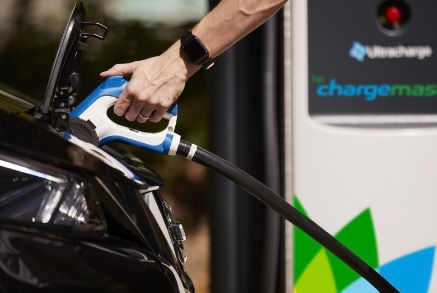Tens of thousands of fleet drivers are undermining the plug-in car grant (PICG) by failing to charge their vehicles on a regular basis, data compiled by the BBC has revealed.
Many corporate fleets have seen their low-emission vehicles average loser to 40 miles per gallon than the 130mpg claimed by their manufacturers due to the fact that many drivers may never have unwrapped their charging cables, The Miles Consultancy told the Corporation.
The BBC highlighted that Government grants had ensured that the UK had become a key market plug-in hybrid vehicle adoption, with more than 70% of the 37,000 plug-in hybrids sold so far in 2018 accounted for by fleet users.
But data taken from 1,500 models by The Miles Consultancy showed that vehicles from Audi, BMW, Mercedes-Benz and Volvo were achieving average real-world mpg of 39.27 in fleet use, against an average manufacturer advertised mpg of 129.68.
"There are some examples where employees aren't even charging these vehicles up," Paul Hollick, The Miles Consultancy's managing director told the BBC.
"The charge cables are still in the boot, in a cellophane wrapper, while the company and the employee are going in and out of petrol stations, paying for all of this additional fuel.”
The British Vehicle Rental and Leasing Association (BVRLA) explained to the BBC that higher taxes on diesel cars incentivised companies to buy plug-ins, even if they had no intention of using their electric capability.
The Department for Transport (DfT) confirmed last month that the plug-in car grant for hybrids will be cut by £1,000 and no longer apply to cars with a zero-emissions range of less than 70 miles, from November 12.
Car buyers looking to invest in a full EV will see their grant entitlement fall from £4,500 to £3,500.
The 22% cut in grant value for the cleanest cars reflected “recent reductions in the price of electric vehicles”, the DfT claimed.
It has also only committed to fund the "next 35,000 of the cleanest vehicles", according to the official announcement, suggesting that a rush to cash-in on the current ULEV grant rates could prompt and earlier adoption of the cuts.















Login to comment
Comments
No comments have been made yet.